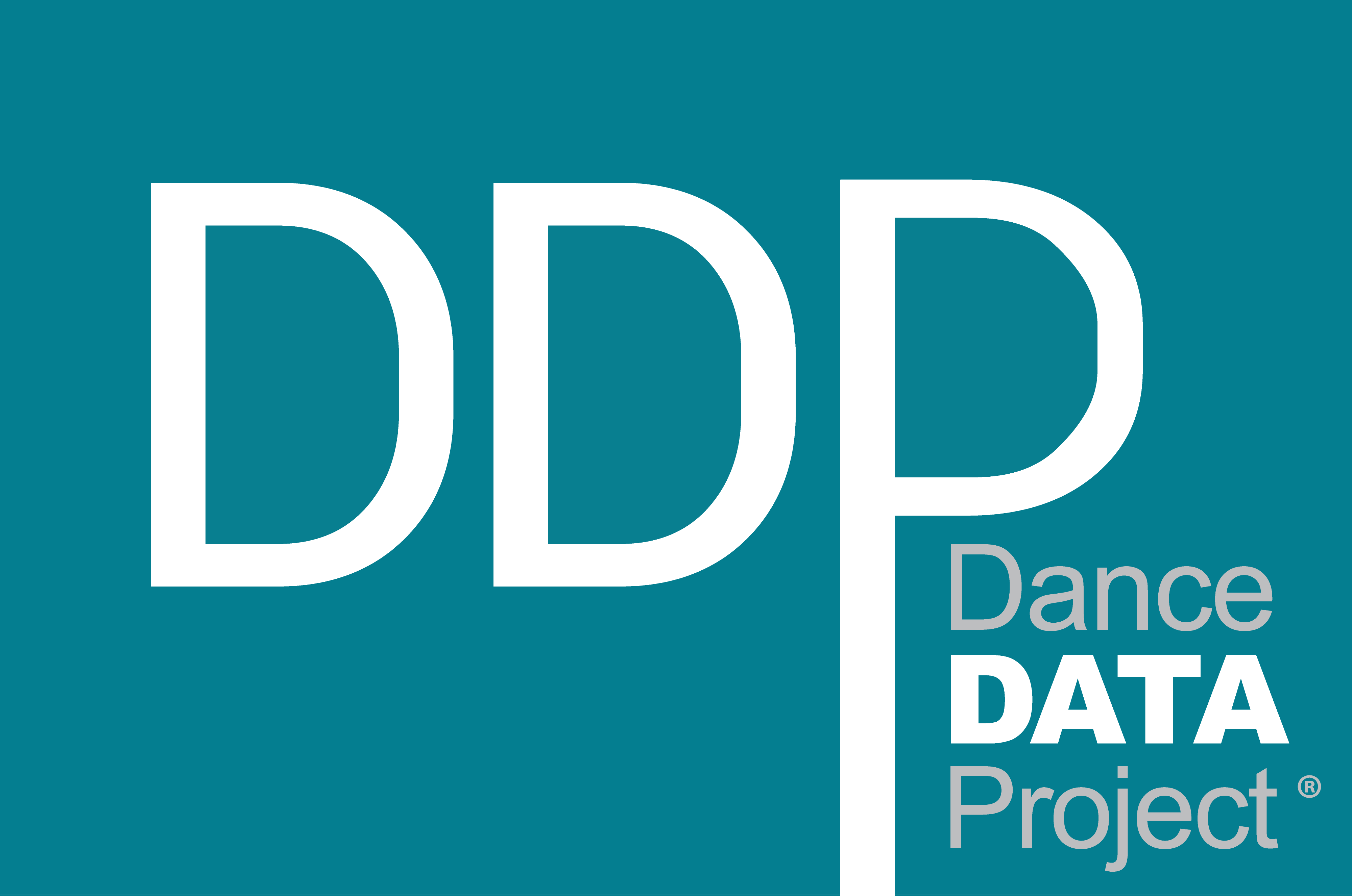Washington Post: Ford Foundation fund to award an unprecedented $160 million to minority arts groups
"The Devil Ties My Tongue" by Amy Seiwert performed for the SKETCH Series, 2013. Photo by David DeSilva. Courtesy of Amy Seiwert's Imagery
April 30th: South Arts: Professional Development & Artistic Planning Grants, April 30th: South Arts: Express Grants, May 6th: Doris Duke Foundation Grant, May 7th: South Arts Individual Artist Career Opportunity Grant, May 27th: Dancemakers Residency, June 1st: Miami DanceMakers
×
"The Devil Ties My Tongue" by Amy Seiwert performed for the SKETCH Series, 2013. Photo by David DeSilva. Courtesy of Amy Seiwert's Imagery
By Geoff Edgers
24 September 2020
Eduardo Vilaro, the artistic director and chief executive of New York’s Ballet Hispánico, has tried to ignore the slights. Well-heeled patrons who wouldn’t join his board because they favored older, Whiter organizations. Theater managers telling him they couldn’t present the company because they had already programmed a “minority-themed” group.
And like so many self-described institutions of color, Ballet Hispánico has a tiny endowment, about $1 million. New York City Ballet, just a cab ride away in Manhattan, has $220 million in the bank, according to its most recent audit. With so little saved up, Ballet Hispánico’s ambitions are perpetually limited.
But next year will be different. The Ford Foundation this week is announcing an unprecedented $160 million-and-growing initiative called America’s Cultural Treasures, with substantial grants going to BIPOC (Black, Indigenous and people of color) organizations across the country. The grants are, in most cases, the largest ever for the 20 recipients in the first round. Ballet Hispánico will receive $4 million, more than half of its $7 million annual budget.
“It takes an ice pick to this huge glacier of structural white supremacy,” Vilaro says. “This is reorganizing and saying, ‘We have other national treasures that we need to refocus on.’ ”
This is the Ford Foundation’s latest and most dramatic salvo in President Darren Walker’s bid to reinvent how Americans — and most important, American philanthropists — value theater companies, museums and the arts overall. The gap between rich, largely White institutions and younger, BIPOC organizations is wide, but Walker says he sees an opportunity for change now. The killing of George Floyd brought attention to the systemic racism in American society. The pandemic shutdowns drew attention to the financial gulf in the arts world.
“Just as inequality is playing out in our society, in the arts it is playing out,” Walker says. “The Getty and the National Gallery of Art are in their own bubbles. Yes, they’re concerned about finances, but as one of them said to me, ‘This is terrible, but we can raise the money.’
“When you get to the medium and smaller arts organizations — that don’t have endowments, that don’t have rich boards, that don’t have huge amounts of operating cash flow — those organizations are panicked. If we don’t help them, they will be gone.”
Even such blue-chip institutions as the Metropolitan Museum of Art in New York and the Boston Symphony Orchestra have made painful cuts in recent months, but Walker and other philanthropy leaders have feared that many organizations run by and serving people of color might have to shutter for good.
In June, the 84-year-old Ford Foundation, which has increasingly focused on fighting economic and racial disparity since Walker took over in 2013, announced that it would borrow $1 billion by issuing bonds to help nonprofit groups in every area it funds. And behind the scenes, Walker was working on something focused entirely on culture: A plan to distribute $85 million of that total to organizations run by and in communities of color for what would become America’s Cultural Treasures.
He would not do it alone. Walker began to recruit other foundations to join the mission. Kate Levin, who oversees the arts program at Bloomberg Philanthropies, particularly appreciated the reshuffling invoked by the initiative’s name. Bloomberg is giving $10 million.
“Calling them ‘America’s Cultural Treasures’ recognizes that they are excellent but have suffered the impact of systemic racism by being undercapitalized,” Levin says. “This is a situation that’s been in place a long time now, but it’s time to take action.”
The Ford plan is meant as more than a one-time coronavirus bailout. The network of foundations and donors is providing money that will go to the recipients over four years, presumably long after theaters and museums reopen. And the excitement over a establishing this new set of “treasures” has been contagious.
As of this week, Ford’s initial $85 million commitment spawned $80 million more in giving, which includes Bloomberg, the MacArthur Foundation ($5 million), the Abrams Foundation ($5 million) and the Alice L. Walton Foundation ($5 million).
The first 20 grant recipients, picked by Ford in consultation with the national donors, are geographically and racially diverse. They include the Arab American National Museum in Dearborn, Mich.; the Alaska Native Heritage Center in Anchorage; the Alvin Ailey American Dance Theater and the Apollo Theater in New York; the Museum of Art of Puerto Rico in San Juan; and the Wing Luke Museum of the Asian Pacific American Experience in Seattle. The $1 million to $6 million grants are unrestricted, so the recipients can use them on whatever they choose.
Read the entire article here.
Reach out to us to learn more about our mission.
"The Devil Ties My Tongue" by Amy Seiwert performed for the SKETCH Series, 2013. Photo by David DeSilva. Courtesy of Amy Seiwert's Imagery

 The Guardian: Royal Ballet announces October comeback with more than 70 dan...
The Guardian: Royal Ballet announces October comeback with more than 70 dan...
Leave a Reply
Want to join the discussion?Feel free to contribute!